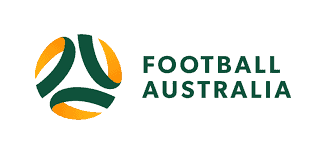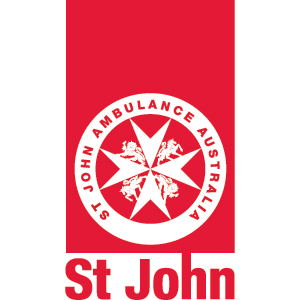At the McDonald’s Kanga Cup, the Youth Referee Academy gives a selected group of referees the opportunity to not only officiate in a tournament environment but a chance to live the week as a professional referee at the AIS while receiving daily coaching, assessments and education.
Delfina Dimoski has been a referee for 10 years and has been involved with the Kanga Cup as a local referees coach for 5 year. This year Delfina was given the opportunity to be an academy referees coach for the first time and says the program is so important for those coming through the ranks.
“The Academy is an integral part of the refereeing at the McDonald’s Kanga Cup,” she said.
“It provides a professional experience for young referees to actually live a week in the life of a referee and what officials go through at a national/international tournament level.”
“Young referees often don’t get such an opportunity until they reach that [high] level, so the fact that they are refereeing games, receiving feedback straight away and have access to proper recovery, nutrition, and education sessions in the evening is very important.
“The Academy program is facilitating a professional culture which is an important part of the elite refereeing pathway in Australia.”
A local Canberra referee, Dimoski took a week out of her regular full-time job to assess and coach within the Academy, but admits it is not a hard decision to make.
I was looking forward to getting the opportunity to working with the Academy referees, and to help shape the next generation of referees.
“It’s great to have local referees involved, because they can take new ideas and skills from that and bring them back into the local Football community.
“It helps our local referees be exposed to teams with different styles, to other referees, and then receiving that intensive coaching and feedback helps to improve the standard of refereeing in the ACT when they come back into it.”
The Academy is no easy ride for the referees though, dealing with players, coaches and spectators from over 350 teams with a myriad of different backgrounds, styles and attitudes.
“Being a referee is not an easy job to begin with,” Dimoski said.
“But during the week of Kanga Cup there is a lot of passion, and people need to remember that Referees are human, they are learning and they can make mistakes.”
“Referees train in the same way as players do to get better, they put in a lot of work.”
During a match, referees are assessed on a number of key areas including protecting player safety, protecting the image of the game, dealing with dissent and more.
Their positioning within the field, their communication, foul identification and general understanding of the game is also closely watched.
For assistant referees the criteria is slightly different, with correct interpretation of offside, signaling and their assistance of the centre match official judged by assessors.
“Our standard during the Kanga Cup has been very high, which is a credit to the referees and the referee coaches alike,” Dimoski said.
“We received plenty of good feedback this year and naturally will look to build on this for future years.”
If you are interested in becoming a referee, check out upcoming courses on the website or contact Referees Coordinator Adam Powers for more information.













